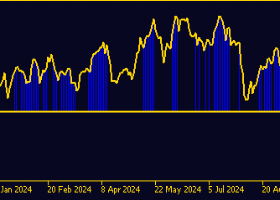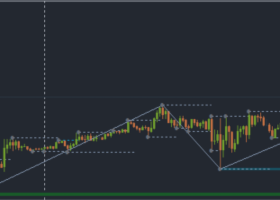
(02 October 2019 ) DAILY MARKET BRIEF 1:USD weakness unlikely to stay
Markets tend to be extremely responsive when it comes to manufacturing data. This is also reflected in the current price action of
capital markets, where treasury yields and equities are red across the board while the FX market continues to favor the greenback despite a
slight drop on Tuesday, as shown by the dollar index which is valued at 29-month high. Furthermore, the contradicting figures of US
manufacturing activities of September provided by both Markit and the US Institute of Supply Management should dampen signs of a potential
recession in the U.S. economy.
Despite heavy reactions from US President Donald Trump following the release, putting the wrongdoing on Jerome Powell and the Fed due to a
“too strong dollar” caused by “too high interest rates”, the report expresses concern about the current trade war between the United States
and China, which remains the most important issue and has subsequently damaged business confidence. Published at 47.8 (prior: 49.1) in
September and in contraction territory for the second consecutive time of the year, it seems that the information must be taken with
tweezers, as the similar gauge measured by Markit hit 51.1 (prior: 50.3), its highest level since five months thanks to a rise in production
induced by stronger client demand. In addition, it is not the first time that the ISM manufacturing reading signals that a recession is on its
way, as the index already fell along that range post-crisis at least four times between 2012 and 2016 and yet no recessions occurred.
Non-manufacturing ISM due tomorrow will therefore provide a better view on the health of the US economy. Market participants appear to bet
on a third Fed rate cut during 30 October 2019 monetary policy meeting, with implied probabilities rising from 39.80% on Monday to 61.50%
following the publication. We would however temper the prospect of further rate cut considering the dissent of Fed’s 17 policymakers, out
of which only seven considered a third rate cut in 2019, five to maintain it at current levels and another five who opposed the September rate
cut. A worsening of labor market conditions amid upcoming today’s ADP and NFPs on Friday should also weigh on the balance on whether further
Fed easing is to be expected.
EUR/USD direction should depend on today’s ADP employment change figures short-term, currently trading at 1.0912
By Vincent Mivelaz


